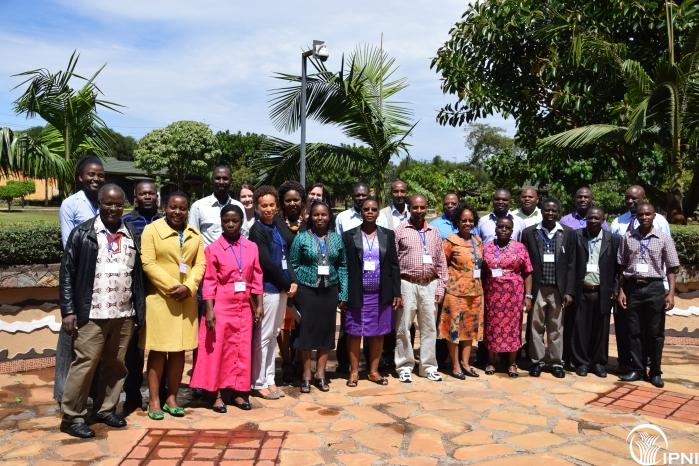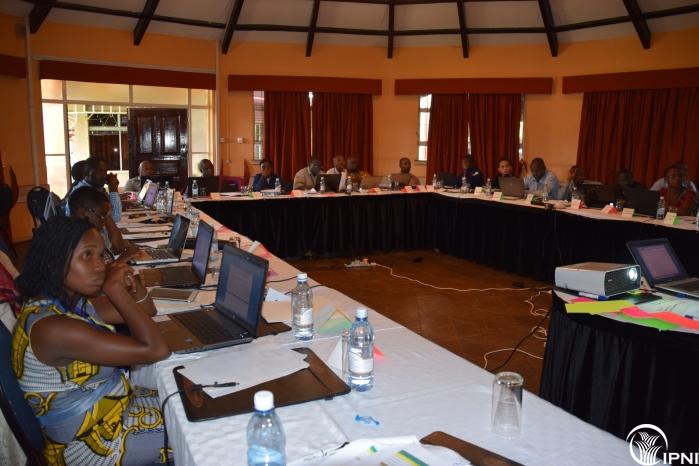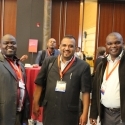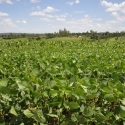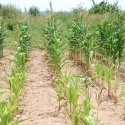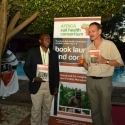04 Mar 2015
Third Consortia Annual Planning meeting and Training Workshop
 Participants from left: Hanna Camp (aWhere), Hannah Reed (aWhere), Suzie Ally (Mozambique Consortium) and Fatima Sengo (Mozambique Consortium)
Participants from left: Hanna Camp (aWhere), Hannah Reed (aWhere), Suzie Ally (Mozambique Consortium) and Fatima Sengo (Mozambique Consortium)
The Country Soil health Consortia held its second annual planning meeting and training at the Oak Place Conference and Training Centre, Nairobi from the 17th to the 20th February 2015. The workshop attracted a total of 34 participants from the 8 consortia countries. The facilitators were drawn from AGRA, CABI, aWhere and Tabarin consulting. The main objectives of the meeting were to evaluate the progress of the consortia over the 2 year period, train consortia members on database building and financial management and develop Performance Implementation Plans (PIPs). The consortia project has made great strides in terms of development of communication products, websites development, data collection, database development and stakeholder involvement. So far, the consortia has increased its stakeholder membership to over 100 national, regional and international institutions with over 10 key agricultural projects represented. Furthermore, the consortia have developed over 60 effective communications ranging from policy briefs, extension bulletins, training modules and videos. It is hoped that these materials will increase understanding of ISFM among various stakeholders thus contributing to better yields through access to appropriate knowledge. Dr. Rebbie Harawa of AGRA emphasized on the ever increasing need to close yield gaps in SSA through accessibility of knowledge, providing incentives to support development of national policy, building institutional capacity and access to input and output markets. She gave a clear demonstration of how the consortia should aim at achieving all these ingredients of agricultural production value chain in a bid to facilitate the green revolution. She pointed out that in the third year of the project, it will be important to assess the impact of the project in terms of the extent to which the database and communication products are being utilized by the various stakeholders and the various partnerships formed between the consortia and the stakeholders. The consortia has also consolidated over 9000 datasets of ISFM from across sub Saharan Africa aiming at transforming them to online searchable databases and fertilizer recommendation maps. To achieve this, the participants were trained on aWhere, an open data management platform that enables management of agricultural data providing high quality data for evidence based decision making for organizations. The third year will therefore focus majorly on outcomes and impacts of the consortia as well as sustainability of the project. The consortia project is also planning to organize a major conference to showcase the activities and products of the consortia to increase visibility and ensure sustainability of the project.

